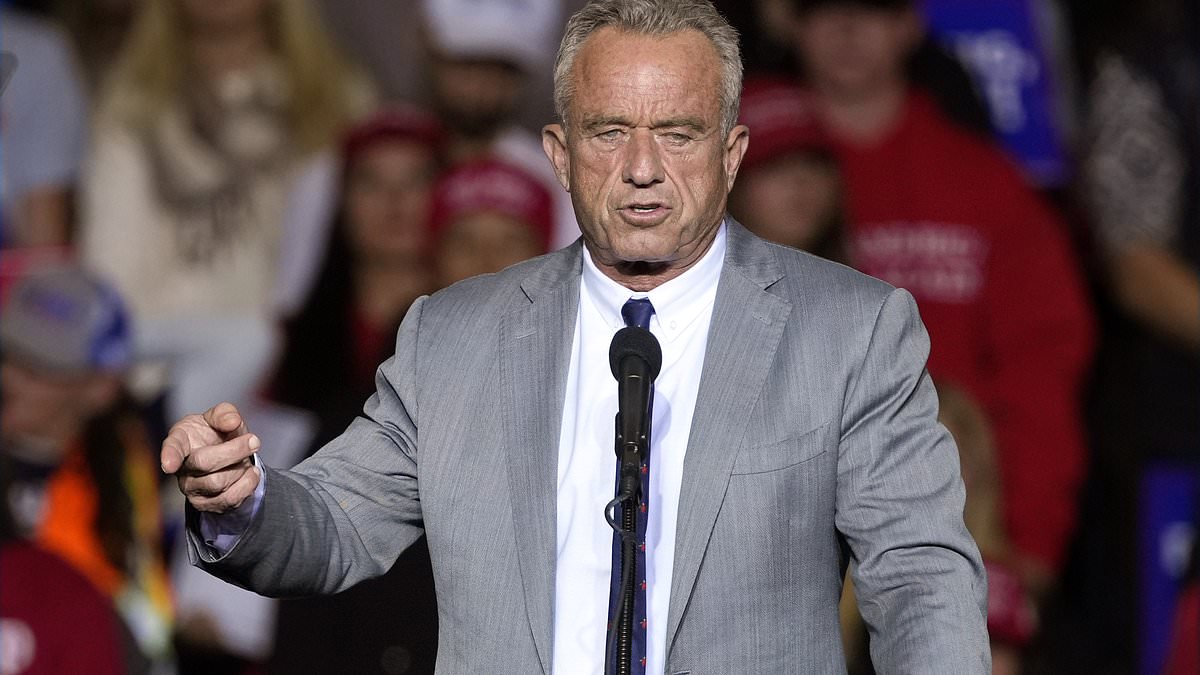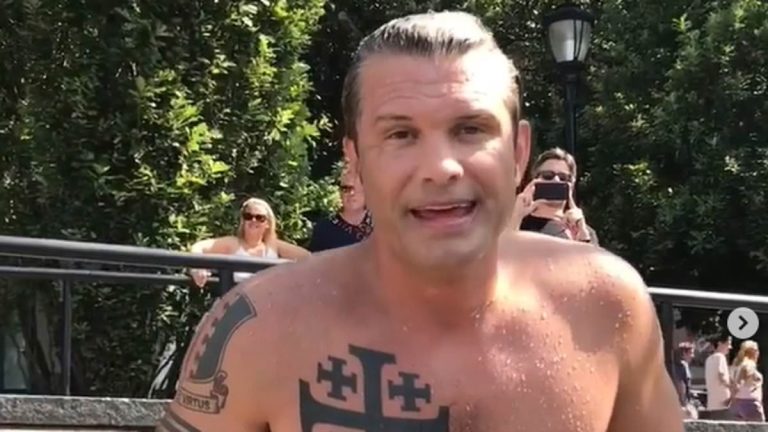In a shocking development, Robert F Kennedy Jr, the newly-appointed U.S. Secretary of Health, has been stirring controversy with some outrageous health claims. Kennedy’s theories border on eccentric, stretching from the notion that chemicals in the water are causing children to question their gender identity, to the highly contested belief that vaccines lead to autism, and even extending to a fantastical story that a parasitic worm ‘ate’ part of his brain.
One of Kennedy’s most bizarre assertions, which has understandably sparked outrage in the medical community and the public alike, is his story of a mythical parasitic worm devouring a portion of his brain. Unveiling his tale, Kennedy claimed that the worm had been living in his brain unbeknownst to him. It is a perplexing claim that lacks any credible scientific basis, leading many to question the plausibility of such an outrageous statement.
Adding fuel to the fire, Kennedy has also been vocal about his belief that trace chemicals present in water are coercing children into questioning their gender identity. His claim radically suggests an environmental cause for the growing acceptance and recognition of gender fluidity and transgender identities. His decidedly simplistic view harms the ongoing attempts of the LGBTQ+ community to demystify the complexities of human sexuality and gender identities. Kennedy’s theory undermines the notion that gender is fluid, not strictly binary or aligned with physical sex, and largely determined by psychological, sociocultural, and personal factors than by external environmental influences like water.
Kennedy’s arguably most well-known stance, the widely disputed notion that vaccines cause autism, has been repeatedly debunked by decades of rigorous scientific research. He remains, however, a unrelenting anti-vaxxer figure despite the overwhelming scientific evidence against his claims. The World Health Organization and the Centers for Disease Control and Prevention agree that there is no credible link between autism and vaccinations. Kennedy’s continued propagation of this false narrative not only undermines public health efforts but also further stigmatizes individuals within the autism spectrum.
These outlandish claims have provoked widespread concern about Kennedy’s ability to head the US Health Department, an institution tasked with safeguarding public health. With many questioning the credibility and objectivity of the newly-appointed Health Secretary given his history of peddling debunked health theories, the decision raises serious doubts about the future direction of health policies in the United States.
As the Health Secretary, Kennedy is in a position of immense influence and responsibility. His public endorsement of debunked health theories undermines scientific efforts and could potentially jeopardize public health initiatives. It remains to be seen how Kennedy will navigate his new role, but one thing is clear – his contentious claims will continue to stir controversy and debate.
In conclusion, Secretary Kennedy’s outrageous health claims only serve to further wide divisions on public health issues while undermining the importance of evidence-based medical advice. Now, in a position of increased influence, his unorthodox beliefs are more alarming than ever and it’s crucial that these are addressed reaffirming commitment to scientific facts. The future of public health in the United States, it seems, will hinge upon this battle between science and outlandish beliefs.



